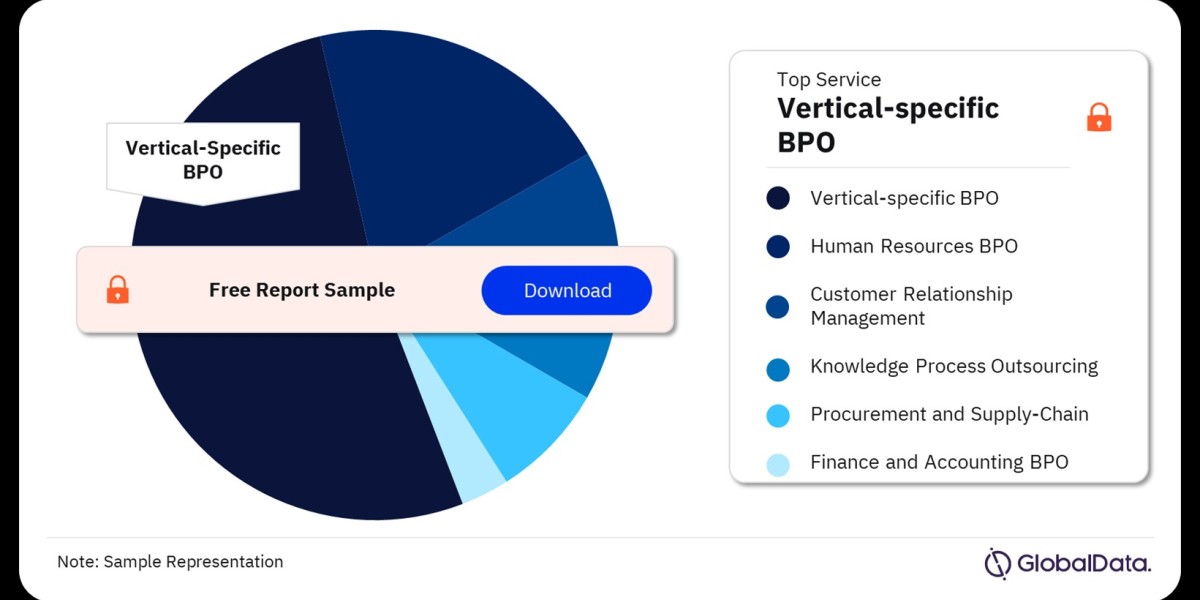This article explores the key trends, challenges, and opportunities shaping the global BPO market.
Key Trends in the BPO Market
- Digital Transformation: The increasing adoption of digital technologies, such as cloud computing, artificial intelligence, and automation, is driving the BPO market. BPO providers are leveraging these technologies to deliver more efficient and effective services.
- Nearshoring and Onshoring: While offshoring to countries with lower labor costs has been a popular trend, nearshore and onshore outsourcing are gaining traction due to factors such as language barriers, cultural differences, and data privacy concerns.
- Specialized Services: BPO providers are specializing in niche areas, such as customer experience, human resources, finance and accounting, and IT services.
- Industry-Specific Solutions: BPO providers are tailoring their services to meet the specific needs of different industries, such as healthcare, financial services, and manufacturing.
- Sustainability and Corporate Social Responsibility (CSR): BPO providers are increasingly focusing on sustainability and ethical practices, addressing concerns related to environmental impact, labor standards, and social responsibility.
Challenges Facing the BPO Market
- Talent Acquisition and Retention: Finding and retaining skilled talent in the BPO industry can be challenging, especially in regions with high competition for skilled workers.
- Data Privacy and Security: Ensuring the security and privacy of sensitive customer data is a top priority for BPO providers.
- Technological Advancements: Keeping up with the rapid pace of technological change and investing in the latest tools and platforms can be costly.
- Economic Fluctuations: Economic downturns can impact BPO demand and pricing.
- Cultural and Language Barriers: Effective communication and cultural understanding are essential for successful BPO partnerships, especially when working with clients and service providers from different regions.
Opportunities for Growth in the BPO Market
- Emerging Markets: Expanding into emerging markets can offer new growth opportunities and cost advantages.
- Digital Transformation Services: Providing digital transformation services, such as cloud migration, automation, and data analytics, can drive growth and revenue.
- Specialized Services: Focusing on niche areas and developing expertise in specific industries can differentiate BPO providers.
- Sustainability and CSR: Incorporating sustainability and ethical practices into BPO operations can attract environmentally conscious clients.
- Technology Partnerships: Collaborating with technology providers to develop innovative BPO solutions.
Key Regions and Players in the BPO Market
- India: India remains a dominant player in the global BPO market, with a large pool of skilled talent and competitive pricing.
- Philippines: The Philippines has emerged as a major BPO destination, offering a combination of English proficiency, cultural affinity, and cost-effective services.
- China: China's BPO market is growing rapidly, driven by its large population and improving infrastructure.
- Eastern Europe: Countries like Poland, Romania, and the Czech Republic are attractive BPO destinations due to their proximity to Western Europe and relatively low labor costs.
- Major BPO Providers: Global leaders in the BPO industry include Accenture, Infosys, Wipro, and Cognizant.
Future Trends in the BPO Market
- Hyperautomation: The increasing use of automation technologies, such as robotic process automation (RPA) and artificial intelligence, will transform BPO operations.
- Cloud-Based BPO: The adoption of cloud-based BPO solutions will enable greater flexibility, scalability, and cost-efficiency.
- Data-Driven Decision Making: BPO providers will leverage data analytics to gain insights into their operations and improve service delivery.
- Sustainability and Ethical Sourcing: A growing focus on sustainability and ethical practices will drive demand for BPO providers that prioritize these values.
- Regional Specialization: BPO providers may specialize in serving specific regions or industries to better understand local market dynamics and regulatory requirements.
Conclusion
The BPO market is a dynamic and rapidly evolving industry, driven by technological advancements, globalization, and changing business needs. By understanding the key trends, challenges, and opportunities, BPO providers can position themselves for long-term success. As businesses continue to seek ways to improve efficiency, reduce costs, and focus on core competencies, the demand for BPO services is expected to remain strong.
Buy the Full Report to Know More About the Business Process Outsourcing (BPO) Market, Download a Free Sample








